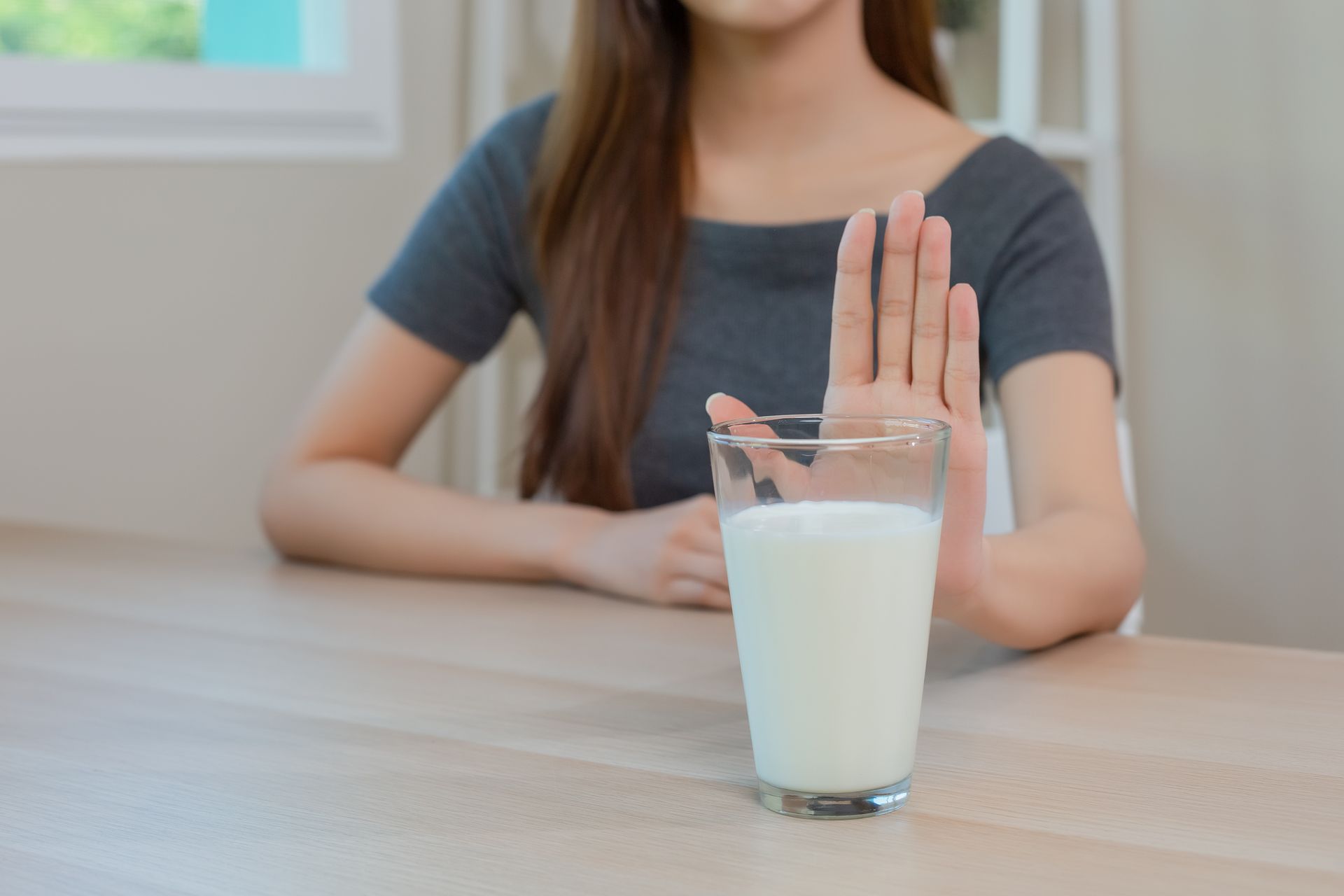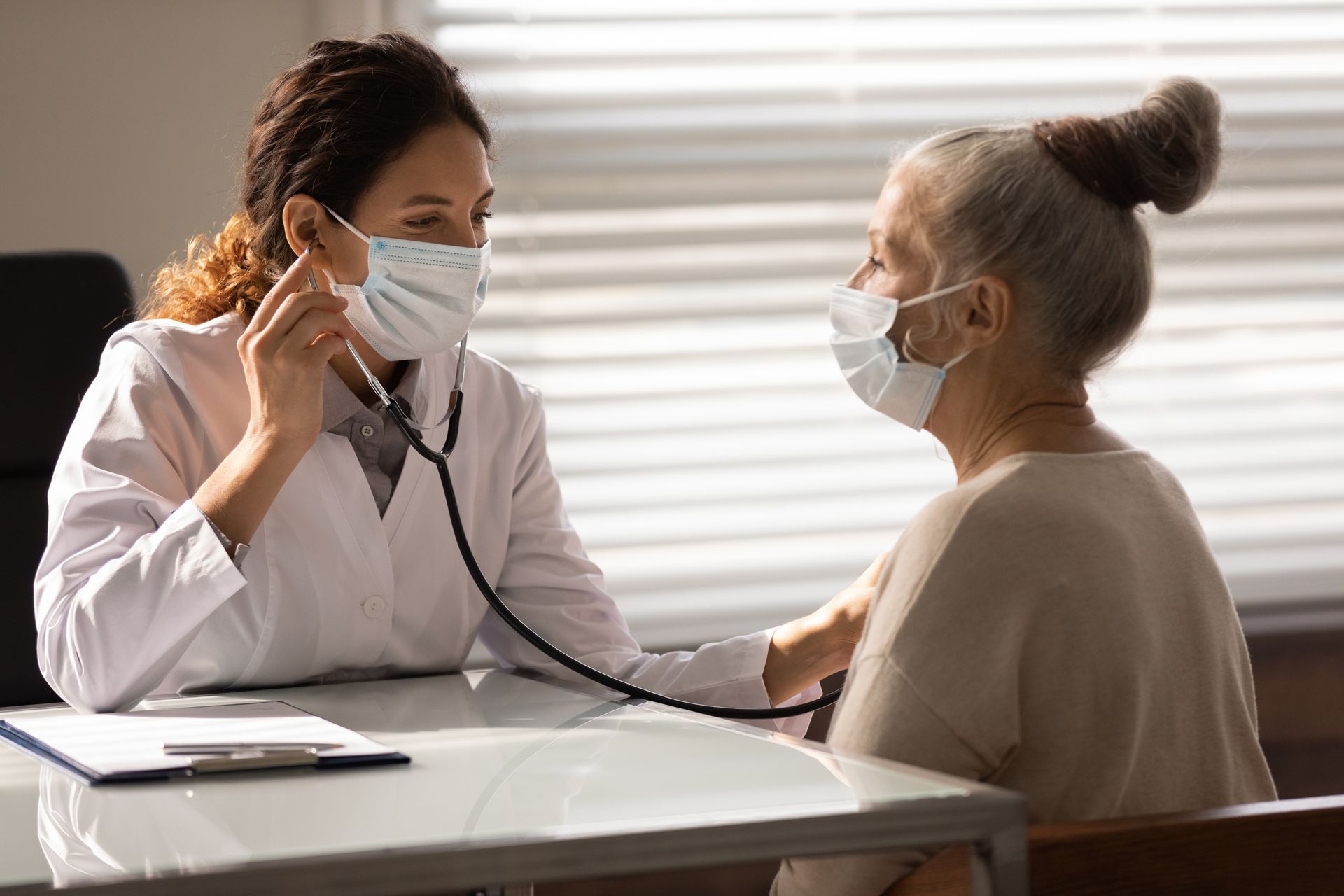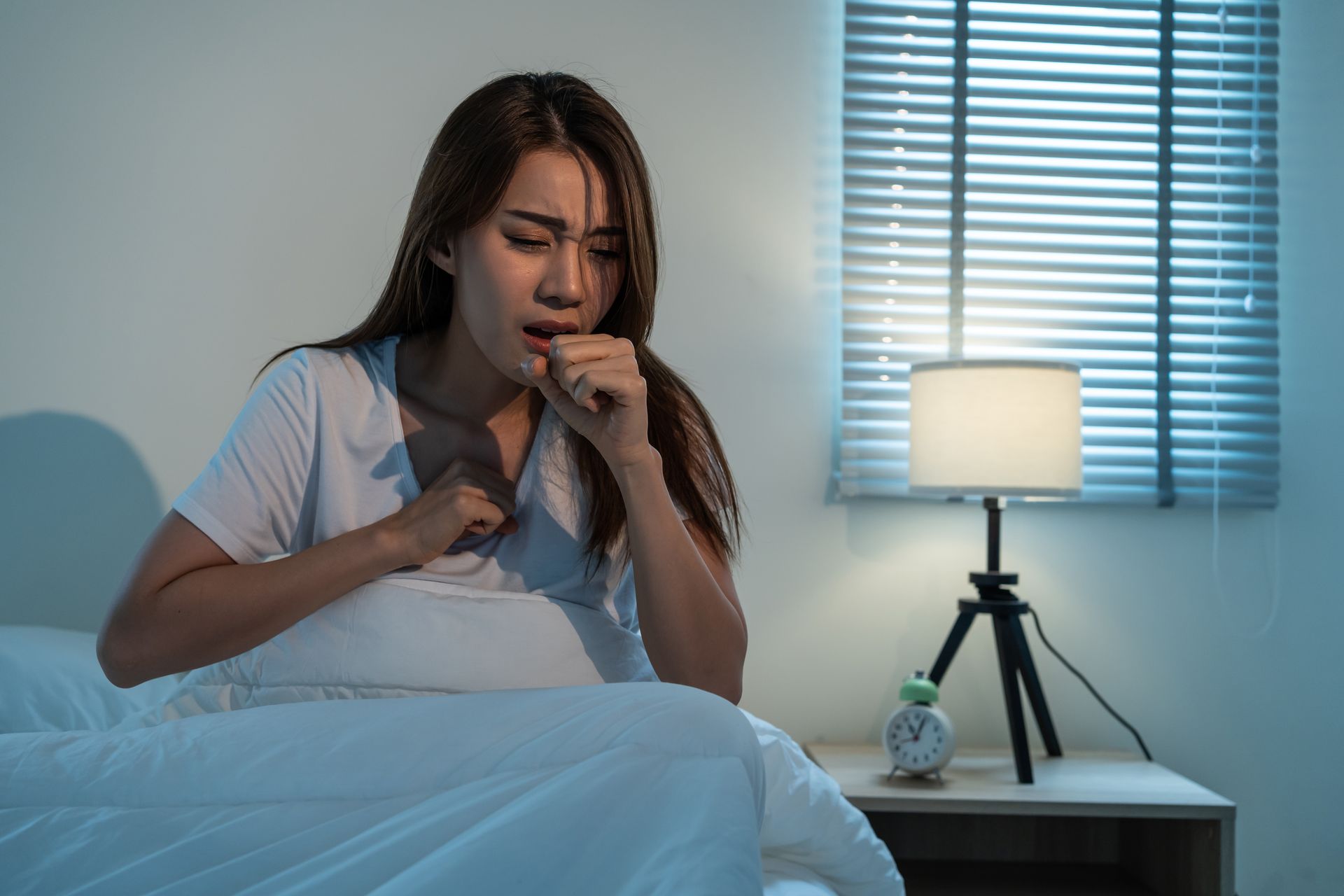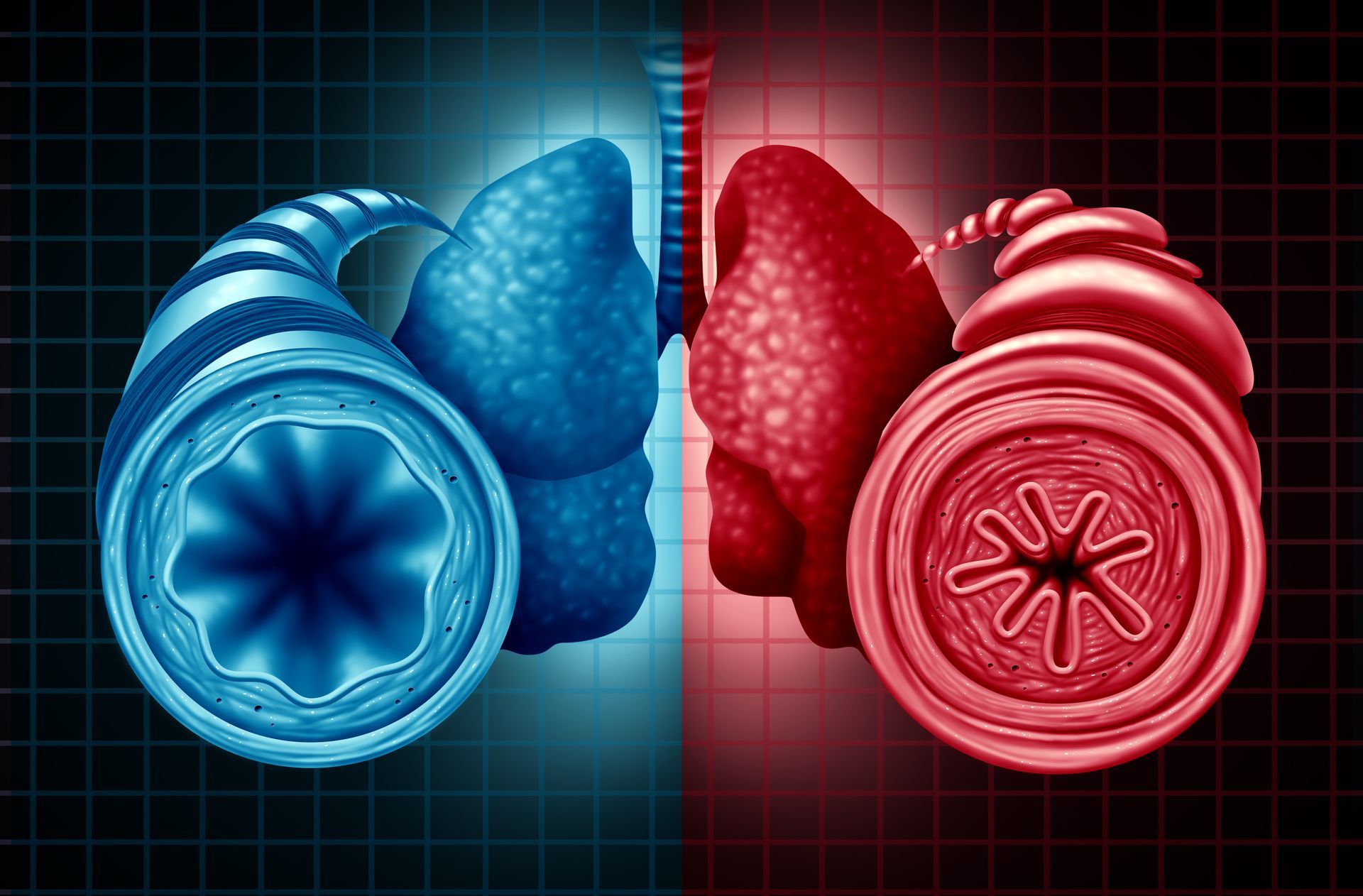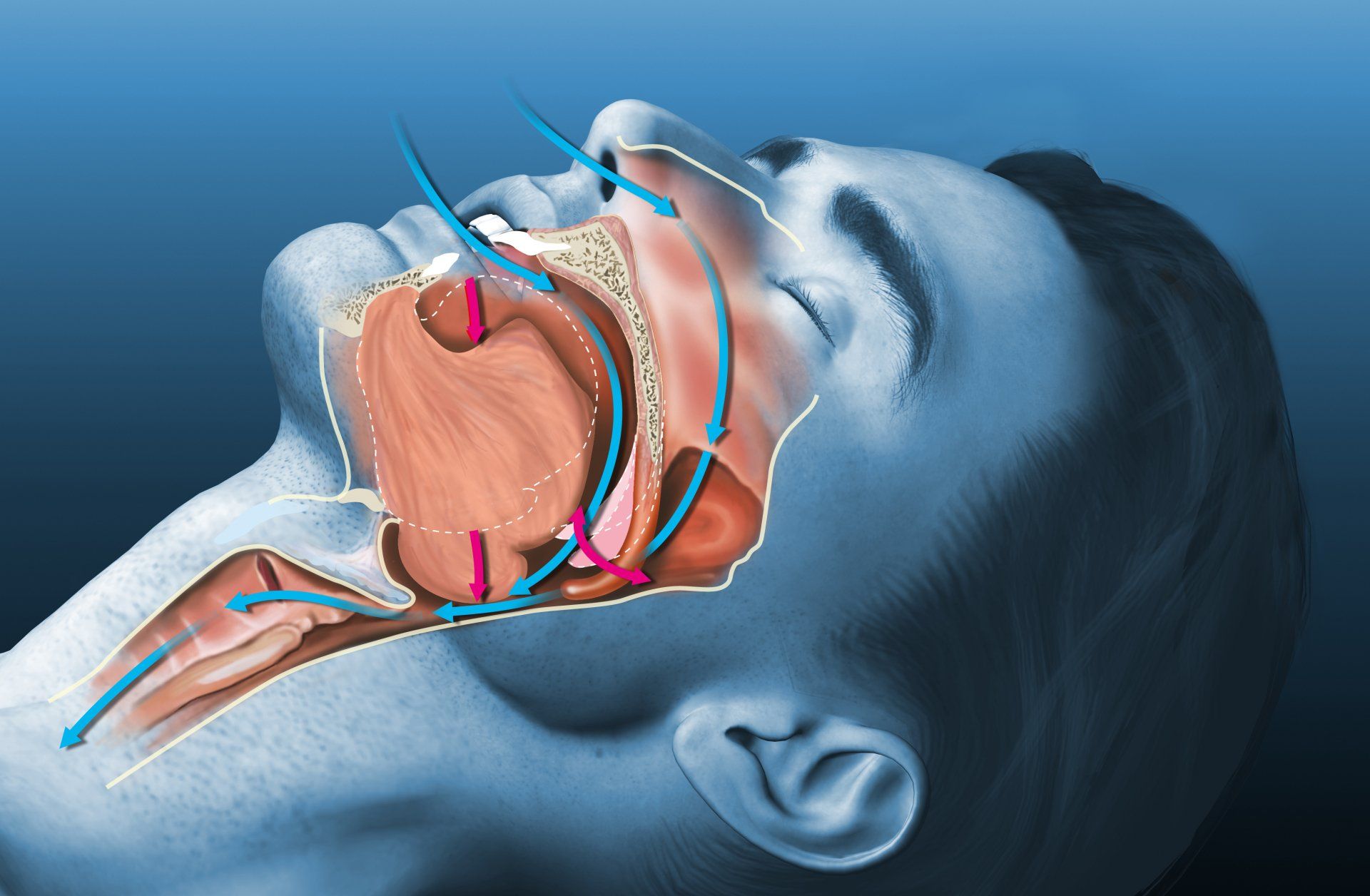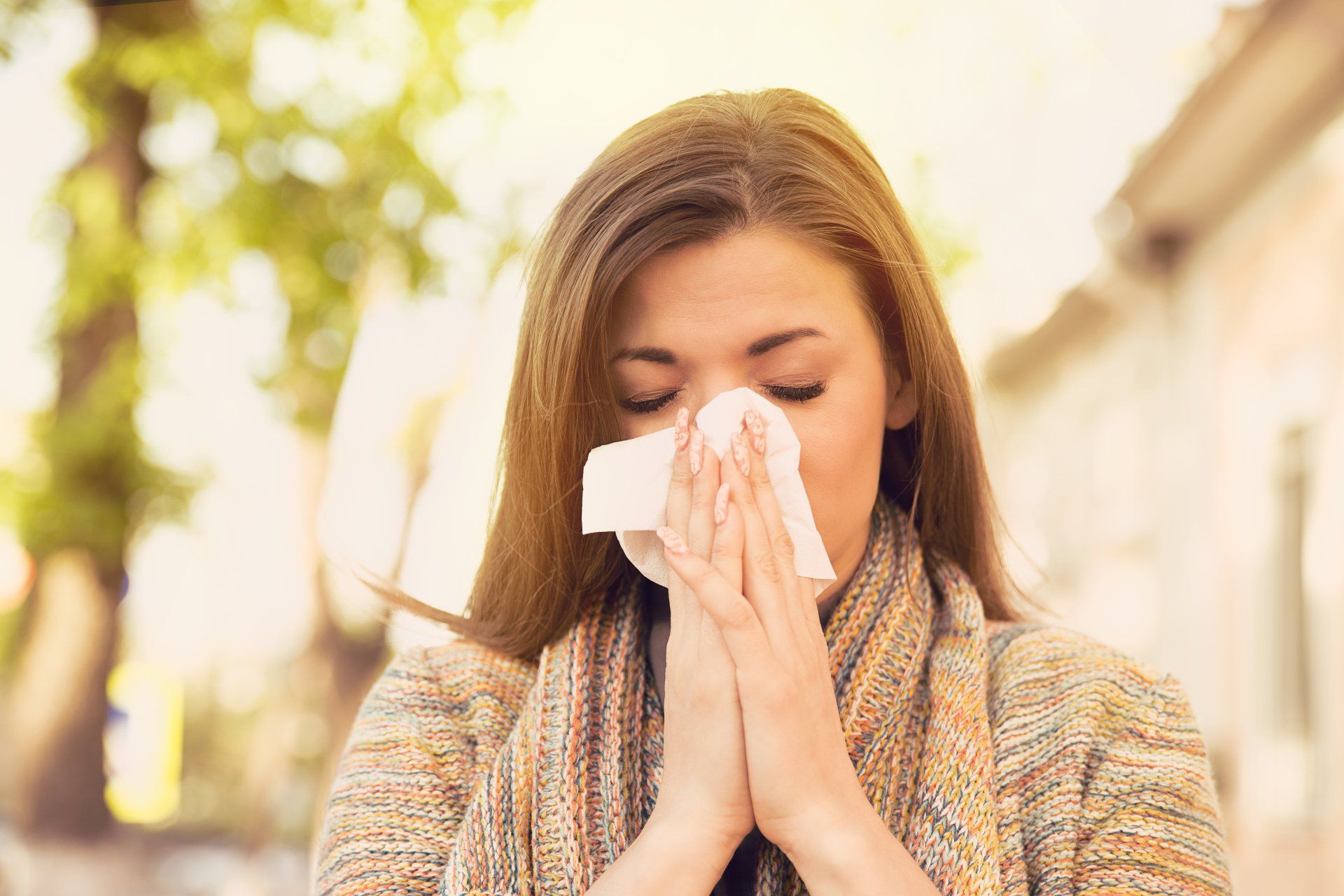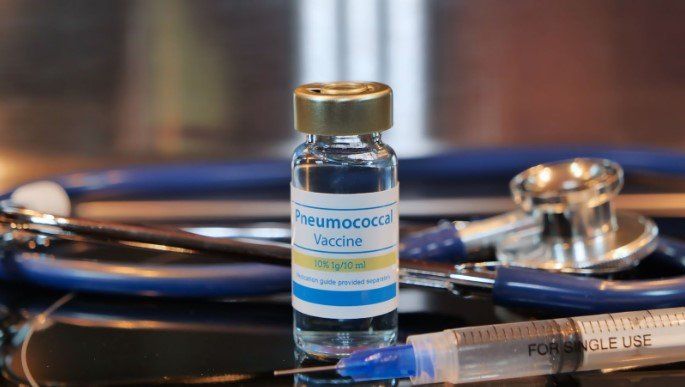How Pneumonia develops (and how it's treated)
What is Pneumonia and how does it affect you?
Covid-19 has affected millions of people worldwide. One of the more severe presentations of Covid-19 is pneumonia - but many Singaporeans are unsure of what exactly a pneumonia diagnosis is and how it affects your body.
To understand pneumonia better, let us explain the anatomy of your lungs. They are composed of large airways, starting from the trachea, then the two main bronchi and followed by branches of smaller airways called segmental bronchi and bronchioles. These finally lead to the alveoli – the small air sacs where gas exchange takes place with the adjacent lung tissue in order to get in an appropriate amount of oxygen into your body.
Pneumonia represents an acute lower respiratory tract infection, affecting the lung tissue, alveoli, and small airways. When the lung tissue becomes infected (via bacteria, viruses, fungi or in this case, Covid-19), there is inflammation of the lung tissue resulting in fluids filling the alveoli and small airways.
As you can imagine, a fluid-filled space impairs the inflow and outflow of gases. This is why many Covid-19 pneumonia patients suffer from breathing difficulties. In severe cases, they may require ventilators to help them get enough air and oxygen into their lungs.
What are the common symptoms of Pneumonia?
Pneumonia symptoms can range from mild and innocuous to life-threatening. Symptoms can include:
1. coughing that may produce phlegm (mucus)
2. fever
3. sweating or chills
4. shortness of breath
5. chest pain that’s worse when you breathe or cough
6. feelings of tiredness or fatigue
7. loss of appetite
8. nausea or vomiting
9. headaches
Other symptoms can vary according to your age and general health:
1. Children under 5 years old may have fast breathing or wheezing.
2. Infants may appear to have no respiratory symptoms, but sometimes they may vomit, lack energy, or have trouble drinking or eating.
3. Older people may have milder symptoms. They can also exhibit confusion or a lower-than-normal body temperature.
How do you detect if you have Pneumonia?
The most important step in diagnosing pneumonia is to seek expert medical attention. Never try to self-diagnose- visit the nearest clinic or hospital if you experience any of the symptoms above.
At these healthcare facilities, doctors will find out more about your symptoms, perform a physical examination and perform investigations if you are suspected to have pneumonia:
1. Chest x-rays will confirm the presence and location of pneumonia.
2. Blood tests help to determine the severity of infection. For example, a special blood test known as arterial blood gas sampling may be performed if you are suspected to be lacking in oxygen.
3. Other tests may be performed to identify the micro-organism(s) responsible for the pneumonia, such as sputum examination and polymerase chain reaction (PCR) swab test.
Once a pneumonia diagnosis is confirmed, how is it treated?
While there is no one-cure-for-all solution for a pneumonia diagnosis, there are several management steps that doctors can take to ensure you recover from pneumonia as best as you can. These include:
1. Administer targeted medications, such as antibiotics, that treat the underlying micro-organism responsible for the pneumonia.
2. Provide oxygen to maintain adequate blood oxygen saturation and to provide assisted ventilation if required.
3. Close and careful monitoring of pneumonia patients to treat any complications as they appear.
4. Providing additional symptom control measures such as pain management, hydration and chest physiotherapy.
Experiencing breathing issues? Get specialist care at Respiratory Medical Associates
Respiratory Medical Associates is an established specialist group that is recognised as one of Singapore's leading experts in the diagnosis and treatment of lung, sleep, and allergy disorders. These can range from a cough that doesn’t go away, spots on the chest X-ray to lung infections such as bronchitis, pneumonia, and tuberculosis.
With the rise of Covid-19, we have taken stringent steps in ensuring our patients and staffs' safety by going above and beyond the mandated protocols.
In addition, we also treat chronic disorders such as asthma, chronic obstructive pulmonary disease (a lung disease caused by smoking), lung fibrosis, obstructive sleep apnea, as well as food and drug allergy.
Enquire now at https://www.respmed-associates.sg/






